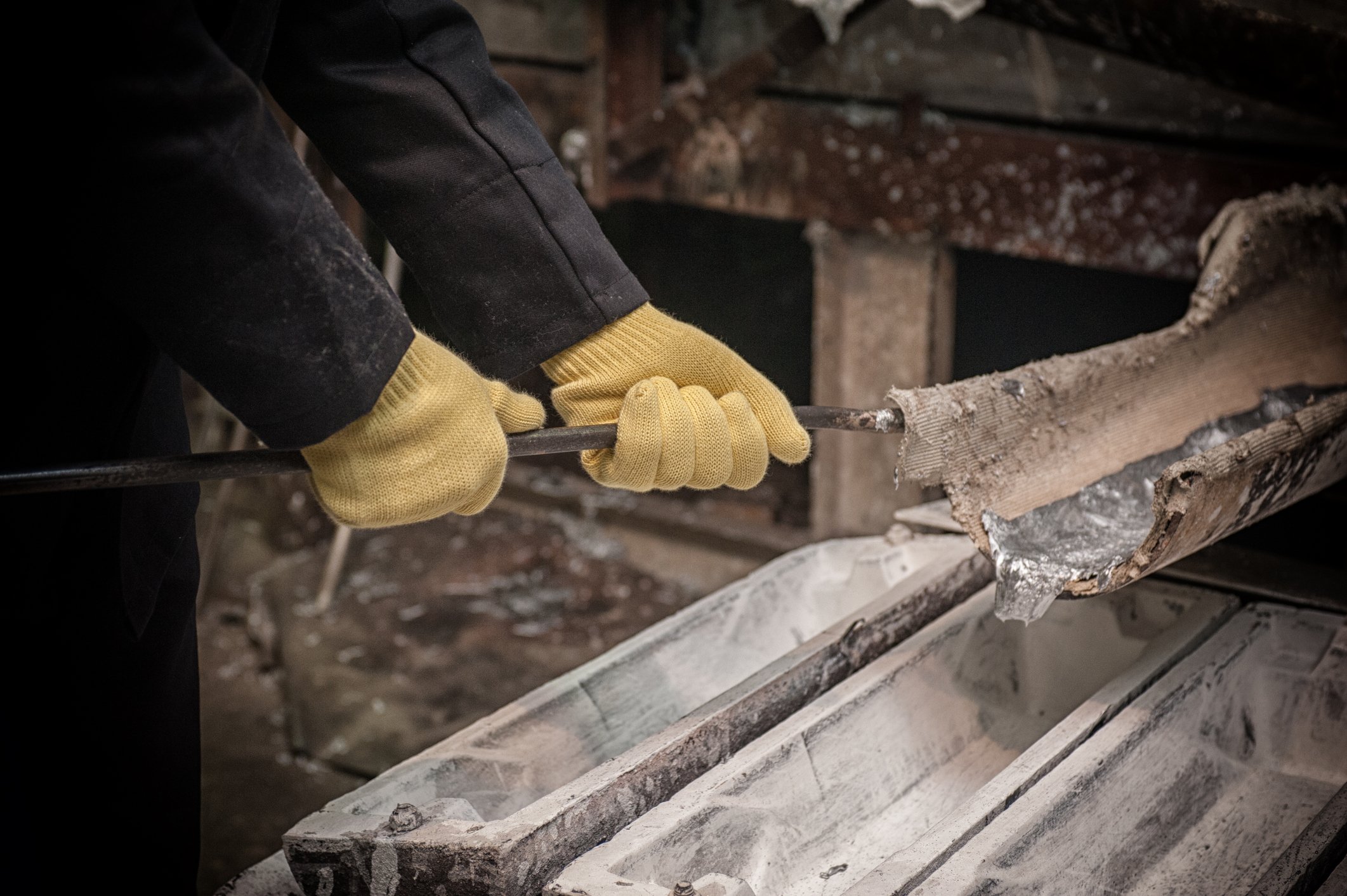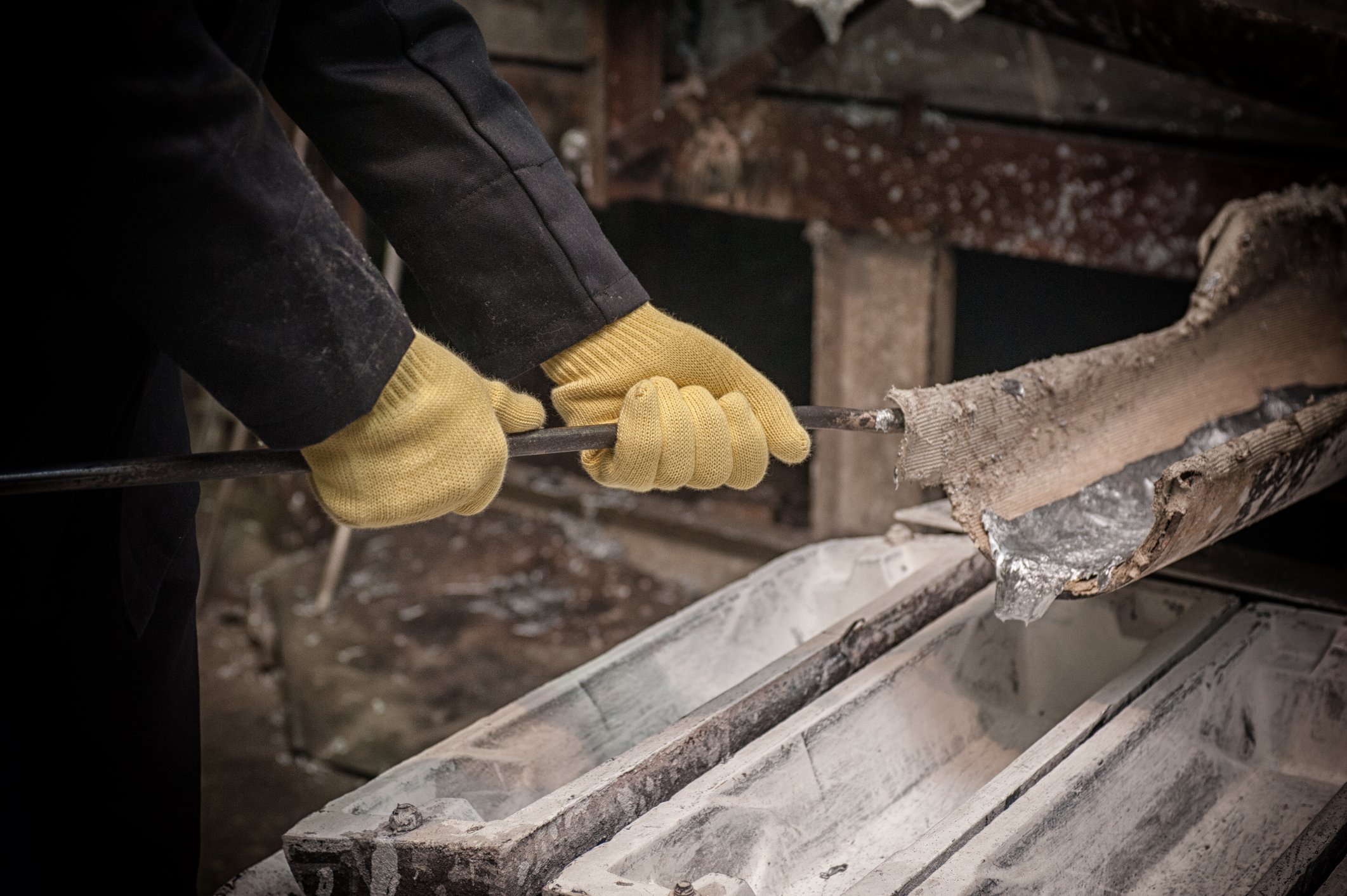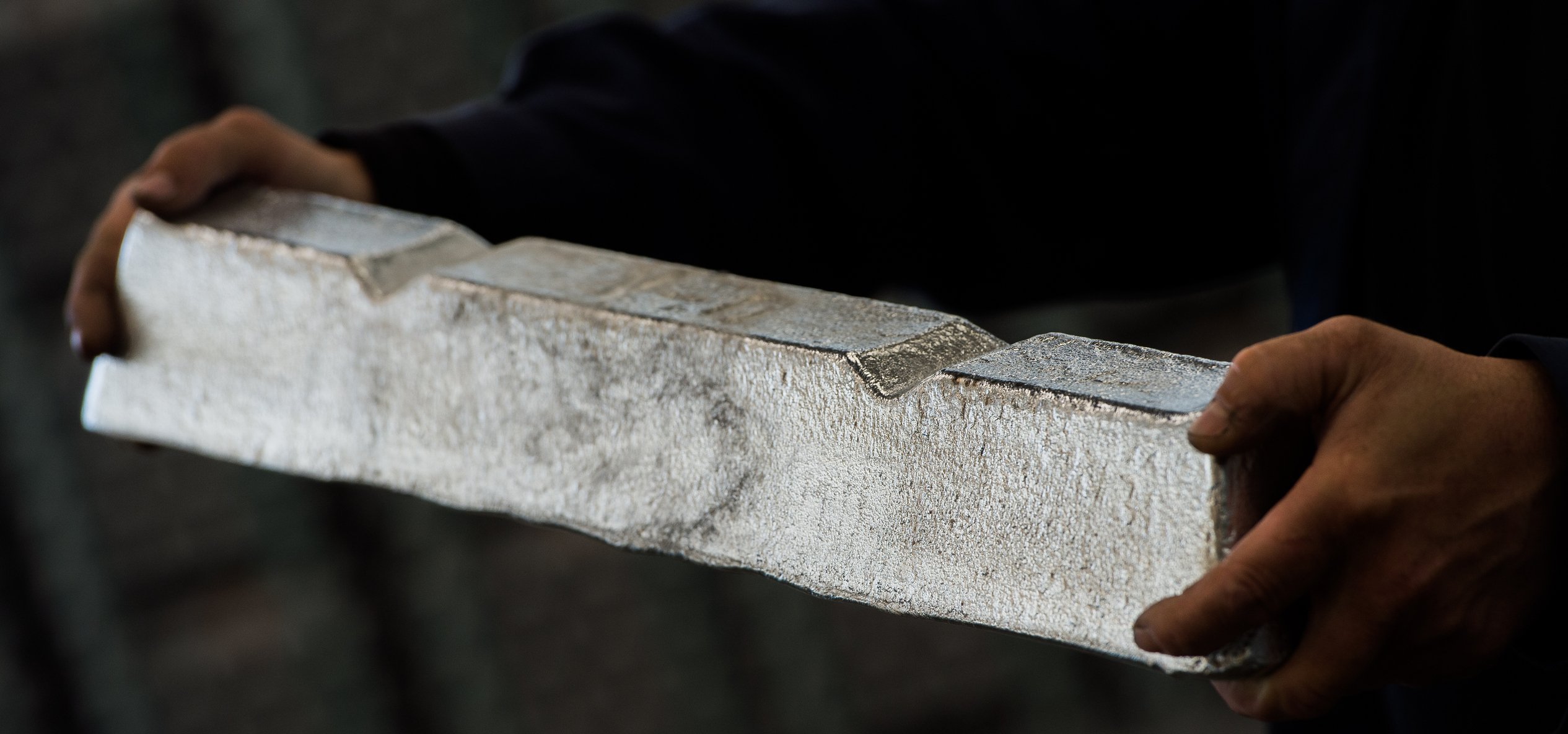Alcoa (AA +0.00%) recently reported earnings of $0.18 versus analyst expectations of $0.12 on revenue of $5.8 billion in its second quarter conference call on Tuesday. Needless to say, the stock is responding positively to the news, up over 6% since reporting. Including the recent rally, the stock is up over 87% in the last year. With the stock price nearly doubled, is it too late for investors to buy shares of Alcoa?
Alcoa CEO Klaus Kleinfeld discussed multiple areas in which the company has made improvements to reduce costs and spur innovation that should lead to sustainable future growth in last night's conference call. As for cost reduction, Kleinfeld believes that Alcoa can reduce its cost of alumina by 9% in the next two years, as well as reduce the cost of aluminum by 16% in the same time span. When it comes to innovation, Alcoa is already in the process of creating lighter wheels and auto sheets used in the making of automobiles and heavy trucks. In addition, Alcoa's strong and lightweight materials are becoming a staple in the construction of Boeing (BA +2.79%) aircrafts, Ford (F +1.05%) automobiles, and Cummins (CMI +1.30%) heavy trucks.
In the graphic above, you will notice that Alcoa's stock price has been heavily reliant on the London Metal Exchange's price of aluminum for the previous five years. However, in the last year, the company has made a series of strategic moves that are allowing the stock to trade independently from the LME aluminum price. These actions can be seen in the company's most recent investments.
Investment in aerospace
During the first quarter of 2014, Alcoa agreed to acquire jet engine parts maker Firth Rixson for $2.85 billion in a push to expand its aerospace presence. Alcoa's exposure to the aerospace industry had been limited mainly to the construction of wings in Boeing 767 and 787 planes, which currently net the company $2.2 million and $4 million in revenue respectively per plane. The Firth Rixson acquisition now allows Alcoa to expand its business to include the construction of jet engines. In addition, Alcoa has reported an investment of $125 million regarding the manufacturing of jet engines that is expected to be completed by 2015 and is anticipated to contribute $2.2 billion in revenue by 2016. With Alcoa's newfound revenue generation and future growth outlooks so heavily reliant on the aerospace industry, it is essential that investors remain vigilant of Boeing's order book for new planes in the future. This will allow investors some foresight into the health of the industry.
Reliance on auto sales
US Heavy Truck Sales data by YCharts
Also contributing to Alcoa's recent success is the resurgence of the auto industry. In the chart above, it is apparent that both automobile and heavy truck sales are at five-year highs within the United States. The company's innovations in lightweight aluminum technologies such as wheels and auto sheets has allowed Alcoa to capitalize on this growth. They have become a staple in the production of both automobiles and heavy trucks for companies like Ford and Cummins.
The lighter weight material enables Ford to manufacture cars with higher gas mileage. This allows Ford models to stay competitive with other brands that showcase high mpg models of their own. In the case of Cummins, the lighter technologies allow for the manufacturing of heavy trucks with higher maximum payload capacity or higher mpg. This in turn makes Cummins even more competitive within the industry.
With the successful move into the auto industry, investors must remain vigilant of production growth in the domestic auto and heavy truck market. Any slowdown in the industry could have an adverse impact on Alcoa's business. Keeping an eye on the sales growth of the two industry leaders mentioned above, Ford and Cummins, is highly recommended.
Bottom line
My takeaway from the company's second quarter conference call is as follows: Alcoa is attempting to become less reliant on the LME price of aluminum by increasing its focus and investment on value-added businesses. This move is a step in the right direction if the company wishes to "de-commoditize" its business. With all of this in mind, I believe that management is taking the right steps in creating a more sustainable and profitable company. I am completely comfortable rating Alcoa a buy even after the 87% appreciation in share price that has been seen in the last year. In short, I am convinced that this rally is merely the beginning for shares of Alcoa and I recommend buying the stock on any weakness.










